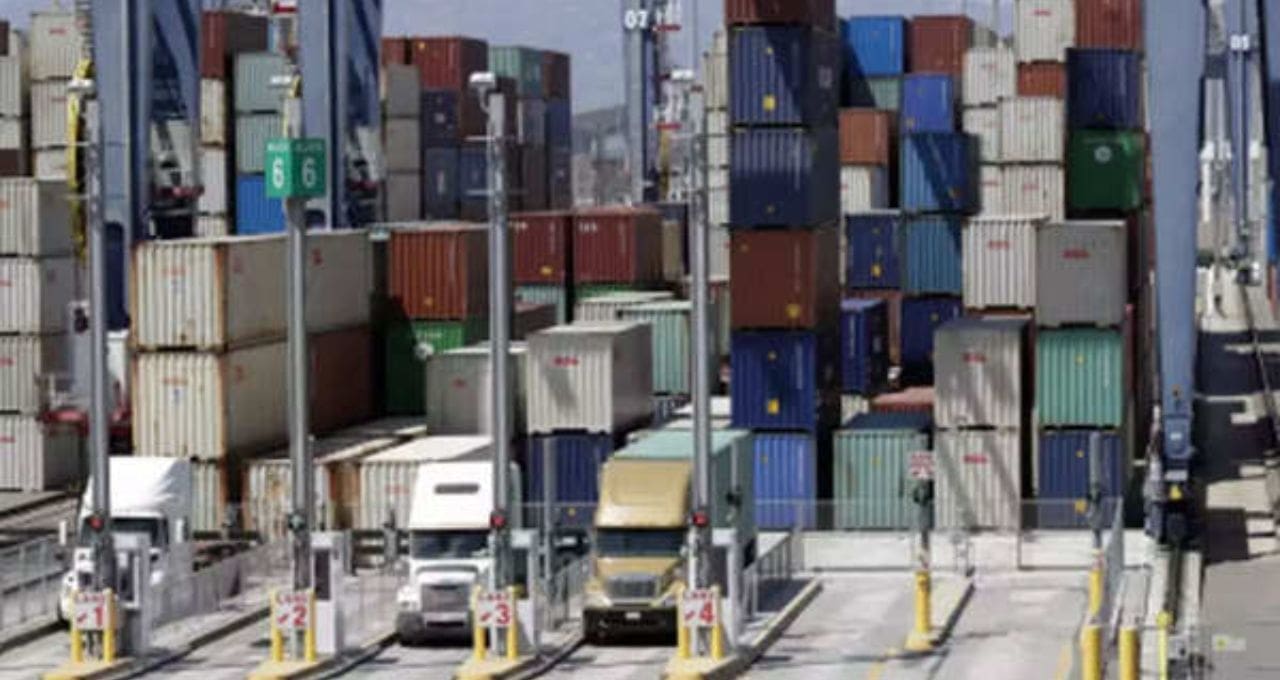The majority of industry and trade associations have given their approval to the Foreign Trade Policy (FTP) 2023, which the Indian government published on Friday. These organisations claim that the strategy will strengthen the nation’s economy in the face of new challenges. According to some experts, the strategy will significantly increase the nation’s exports over time because all export incentives are WTO-compliant.
The new policy, according to T. Rajkumar, chairman of the Confederation of Indian Textile Industry (CITI), will transform India’s trade by facilitating trade more through technology, automation, and ongoing process re-engineering. This will enable India to address a variety of new global and economic challenges. He was certain of By 2030, the policy will assist in achieving the $2 trillion export goal. He added that the textile and apparel (T&A) industry, which accounts for around 8% to 9% of India’s overall merchandise exports, is a significant sector of the Indian economy. For any T&A export business to be successful, logistics time is crucial. The new FTP will revolutionise the T&A sector by cutting processing times from the present as much as 1 month to only 1 day through online approvals free from physical interference.
According to the Southern India Mills’ Association (SIMA), India’s new FTP is practical, encouraging, and has created the conditions for exporters to raise the country’s percentage of the worldwide market. trade. The government’s decision to maintain the EPCG scheme and Special Advance Authorization Scheme for the textile and apparel industry, which heavily depends on imported textile machinery and raw materials to close the supply-demand gap and permit import of speciality raw materials not produced in the nation, was praised by SIMA Chairman Ravi Sam. He congratulated the government for announcing the Amnesty Scheme, which would resolve the industry’s unfulfilled Advance Authorization Scheme and EPCG Scheme responsibilities.

